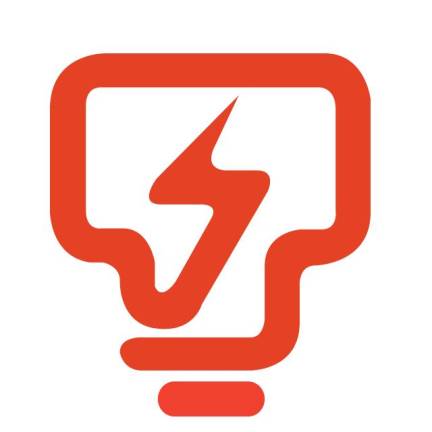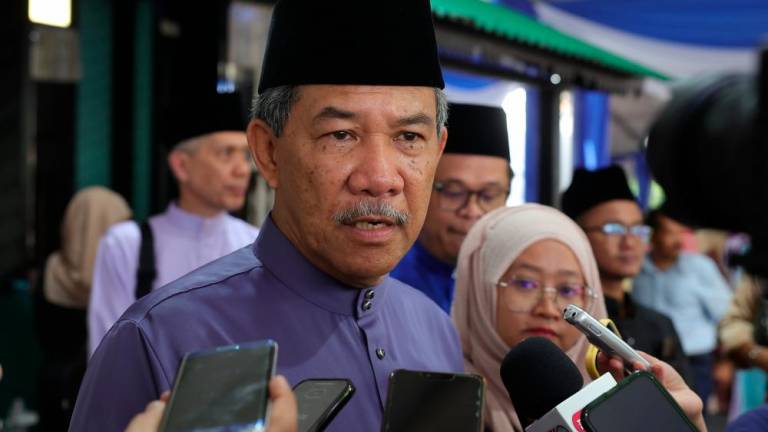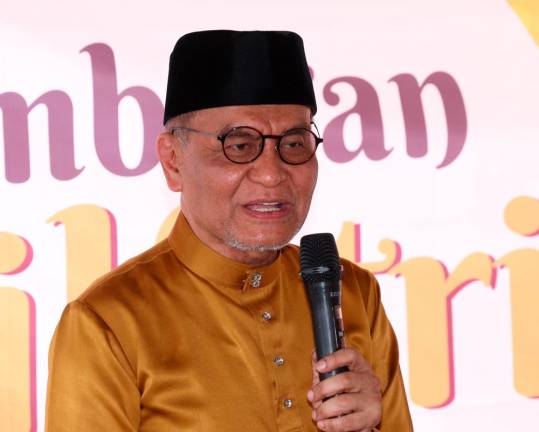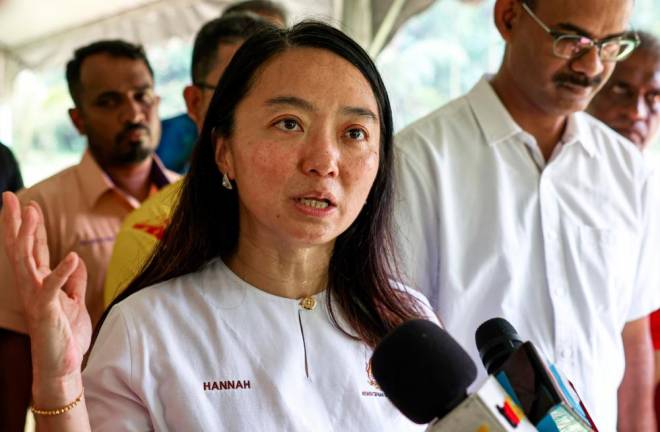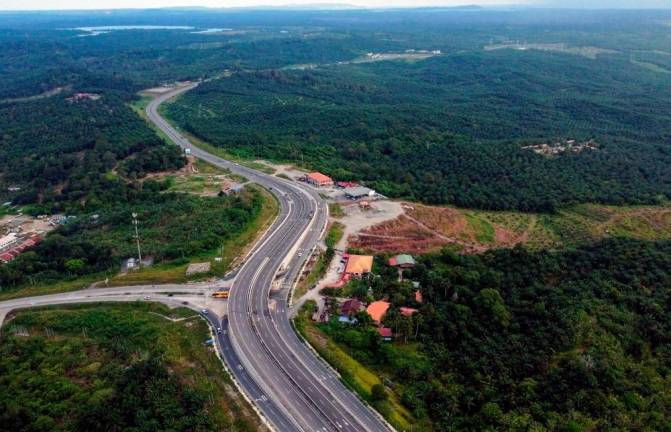KUALA LUMPUR: Almost every household in Peninsula Malaysia will soon be able to track their power usage and patterns through the Advance Metering Infrastructure (AMI), or simply known as the smart meter.
This will be made possible with Tenaga Nasional Bhd’s (TNB) plans to install 9.1 million smart meters by 2026 to facilitate full AMI benefits for its customers, as mandated by the Energy Commission.
Energy Commission Industry Operations Director, Ir Roslee Esman said under the Regulatory Period 2 (RP2) from 2018 to 2020, a total of 1.5 million smart meters are scheduled to be installed at consumer premises in Malacca and selected areas in Klang Valley.
Currently, he said almost 300,000 smart meters have been successfully installed in Melaka under the RP2 Phase 1 in 2018, while another 1.2 million will be installed by 2020 in Selangor, Kuala Lumpur and Putrajaya/Cyberjaya under Phase 2.
“We fully support this move, and RM1.2 billion will be spent for this in a three-year period (from 2018 to 2020), under the RP2.
“Some 9.1 million households in the Peninsular are expected to instal the smart meter by 2026 (RP4),“ he said at a press conference after a TNB media briefing on smart meters installation here, today.
Asked whether cost of the meters could change by 2026, Roslee was positive that prices would be reduced based on technology development.
“RM1.2 billion (cost for RP2) is based on current technology. The price from RP2 till RP4 would be reduced accordingly,” he said.
In another development, TNB Project Director (AMI-Klang Valley) Distribution Network Division, Ir Mohamed Ghous Ahmad said TNB has set up 200 poles for data transmission since April this year around the Klang Valley.
“We have not installed the smart meters yet as we are still putting up poles to obtain the network system. We are going to mount another 740 poles as soon as possible so that we can start installing the meters,“ he added.
Commenting on claims that smart meters pose health risks, expert from the Wireless Communication Center at Universiti Teknologi Malaysia, Chua Tien Han dismissed the perception as smart meter technology emits very low radiation levels.
He said smart meter uses radio-frequency waves, just like smart phones and microwaves, and radiation exposure is miniscule in comparison.
“Not to worry, smart meters are safe. That is the perception of the people, they seem to think that new technology comes with high radiation. They don’t,“ he said.
Also present at the media briefing today were Deputy Secretary General (Energy) Ministry of Energy, Science, Technology, Environment and Climate Change (MESTECC) Noor Afifah Abdul Razak and TNB Chief Corporate Officer Datuk Roslan Ab Rahman.
In her opening remarks, Afifah said the installation of smart meters would also help boost the country’s economy as it opens up investment opportunities for companies to participate in the initiative, at the same time creating some 5,000 job opportunities.
She said smart meters have also been adopted in several developed countries including the United States, United Kingdom, Singapore and Japan. - Bernama



